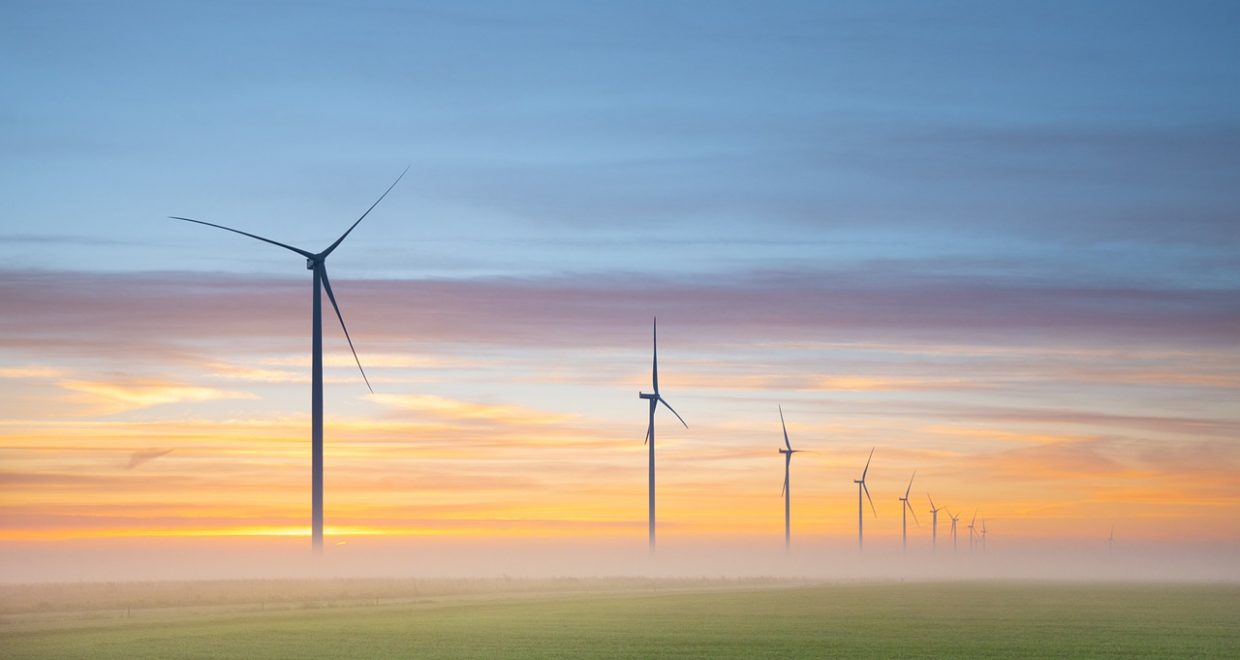Making “Freedom Energies”? How 1980s struggles over market access shaped the rise of renewables in Germany
In a special session of parliament held on 27 February 2022, German Minister of Finance Christian Lindner discussed how the Russian invasion of Ukraine affected his country’s energy strategy. “We will build-up reserves of gas and coal, in order to increase our perseverance,” he said. “We’re planning to spend billions to that end.” But, the liberal Free Democrat continued, “we will no longer stick to the answers of the past.” For Lindner, that meant rethinking the role of renewables. “Renewable energies don’t just contribute to energy security and supply,” he explained. “Renewable energies free us from dependency. That is why renewable energies are freedom energies.”
Lindner’s celebration of “freedom energies” was the part of his speech that garnered the most attention on social media, but the government was more keenly focused on spending the billions of Euros that Lindner announced had been set aside for building up coal and gas reserves. Even as Minister of Economics Robert Habeck visited Qatar and the United Arab Emirates in an effort to strike long-term gas purchasing agreements, work on new liquified natural gas terminals began at several North Sea ports. In spite of Lindner’s words, then, the turn to “freedom energies” and the end of energy dependency were still far off. And yet, the last three decades had already seen tremendous increases in Germany’s renewable energy generation capacity, from some 12,000 MW in 1990 to 132,000 MW by 2020.
My article on 1980s debates on renewables’ place in the German energy system reveals how this development came in spite of—or perhaps precisely because of—the perception that, on account of climate conditions and previous investments in coal and nuclear power plants, renewables would never be more than a minor addition to Germany’s energy mix. Independent wind and solar advocates sought to prove that the technologies did have a future in Germany, but they were hamstrung by the utilities’ unwillingness to even grant them access to the electric grid, let alone to purchase the electricity they generated.
The impasse led both sides to focus on the economics of energy production. The utilities companies, with the tacit support of the Ministry of Economics, insisted that it was not economically viable to produce electricity using wind or solar power since they considered coal and nuclear energy production cheaper. Renewables advocates, on the other hand, argued that easy grid access and a “cost-covering rate” for the energy they generated would lead to mass production of wind turbines and photovoltaic panels, and thus cause the costs of producing electricity by those means to plummet. By 1990, amid the fireworks of German reunification, renewables advocates finally convinced parliament to pass a law granting individual renewables operators guaranteed access to the grid and a set rate for the electricity they produced. This openness to independent renewables projects set the stage for Germany’s tremendous increases in renewable energy capacity, which came as a result of individuals’ investments in small wind and solar installations.
In a sense then, Germany has always approached renewables as “freedom energies.” Whether or not the country would harness wind and solar power was left up to individual citizens, many of whom were motivated just as much by the terms of their investments in wind turbines or photovoltaic panels as they were by an interest in energy independence or a commitment to saving the earth. As a result, freedom energies have coexisted with fossil fuels throughout the past three decades in Germany. Despite lofty climate goals and the energy emergency induced by the Russian invasion of Ukraine, it seems that for the time being at least, the expansion of renewable capacity will remain an individual undertaking rather than a state project in Germany.
A Struggle to Remake the Market: Feed-in Rates and Alternative Energy in 1980s West Germany by Stephen Milder





